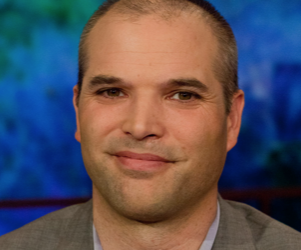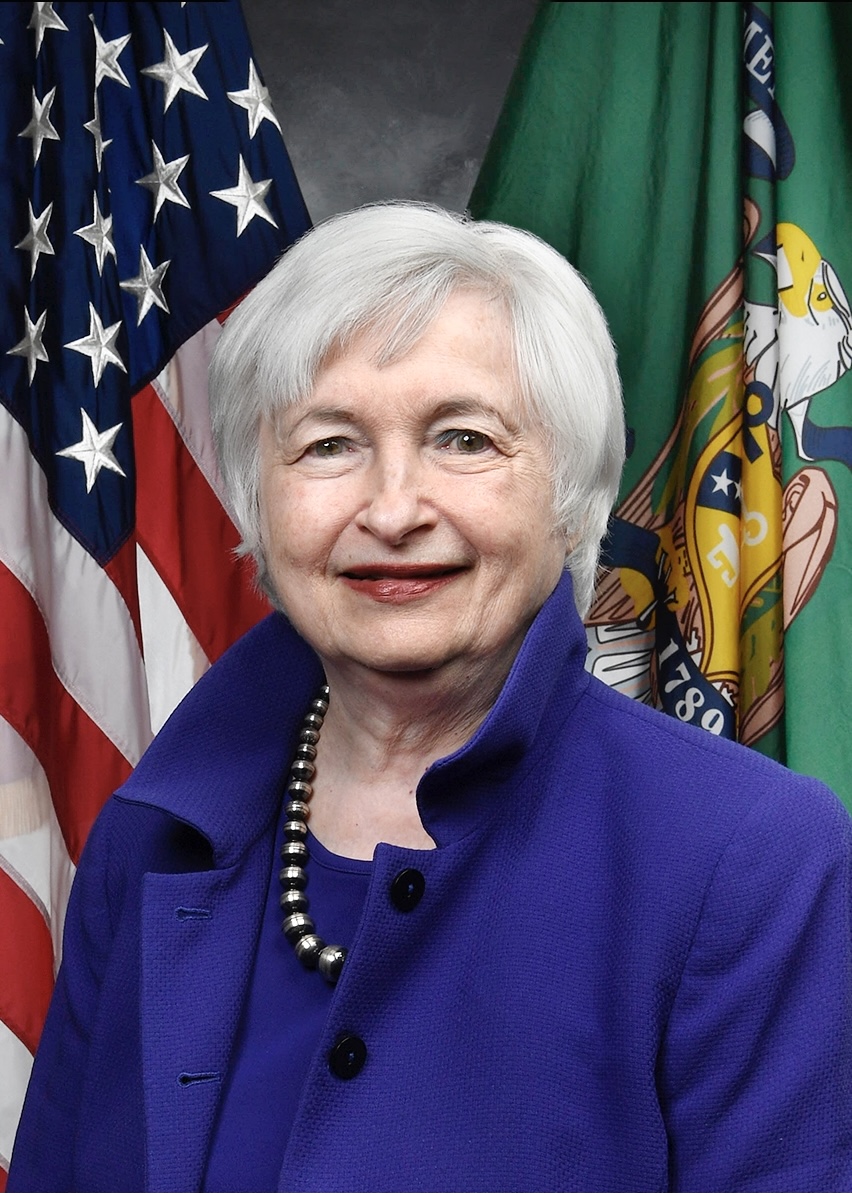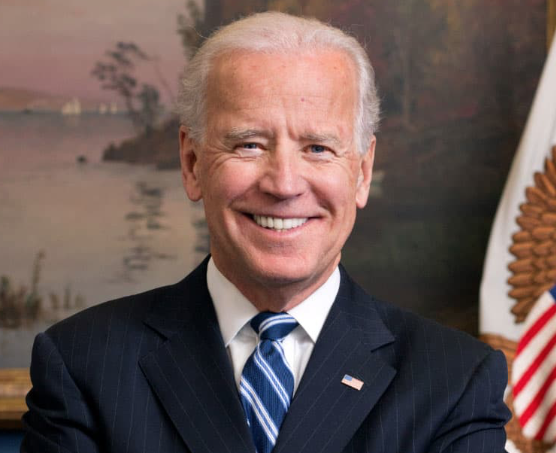An Effort to Rob People of Their Will to Be Free
July 19, 2023
"Our sense of self is now inextricably tied to a huge global entourage of prying commentators who live in those phones of ours that are always in our pockets."
A brief story sums up my theory of journalism:
In 1991 I was trying to work as a freelance reporter in newly ex-communist St. Petersburg, Russia. I heard a hot rumor. After decades of deprivation, gorillas at the city zoo were to be given bananas.
I thought Western editors would go crazy. I’d been rejected for more negative stories about the arrival of heroin, or gun violence. Bananas were positive!
I went to the zoo, and interviewed a zookeeper. Then I did what journalists do: I hovered around the gorilla cage looking creepy before mustering the courage to ask a few strangers in broken Russian what they thought about gorillas and bananas. (The newly ex-Soviet Russians had funny answers, like, “How come nobody’s given me bananas?”) When this man on the street portion was done, I stood wondering what to do next. I remember having the thought, “Well, I can’t interview the gorilla.”
I shrugged, went home, wrote it up, and got rejected, but that’s not the point. The point is, journalism isn’t rocket science. You show up, talk to a few people, give your best guess at what you’re looking at, and when you get to the “there’s no one left to interview but the gorilla” moment, you move on.
Thirty years later — at the end of last year — I was in San Francisco looking at content moderation requests sent to Twitter by the FBI’s Foreign Influence Task Force. Obviously, the degree of difficulty had gone up a bit, but the job was more or less the same: “Tech Company Gets Unpleasant Bananas.”
I’d learned a trick over the years. If something about a story doesn’t make sense, you probably got something wrong. Something about the Twitter Files story was off.
It wasn’t hard to understand why the FBI was organizing a censorship scheme, or why companies like Twitter and Facebook that lived off lucrative regulatory subsidies were going along with one. The motives of the powerful actors in all this were never mysterious. The part that didn’t compute was why so many in the general public were accepting of the situation. This included people I knew. Many people in America are not just accepting of digital censorship, they believe it to be vitally necessary.
Growing up I was very influenced by organizations like Nadine Strossen’s ACLU. Liberals I knew were as proud of having fought to let Nazis march in Skokie as they were ashamed of the FBI and police in cities like Memphis having spied on Martin Luther King.
Suddenly the same political contingent in America was okay with the government running both mass surveillance programs of the type uncovered by Edward Snowden, and a sophisticated censorship operation in partnership with 25 of the biggest tech firms in America?
It didn’t make sense. What changed?
A few weeks ago I read a draft of a new book by Greg Lukianoff and Rikki Schlott, called The Cancelling of the American Mind. They quoted Judge Learned Hand, who wrote in 1944, “Liberty lies in the hearts of men and women; when it dies there, no constitution, no law, no court can even do much to help it.”
Justice Hand had a hard time defining this thing that “lies in the hearts of men and women.” But, as an American, I believe I experienced it growing up. As Nadine said, it’s that “right not to remain silent,” something in which I believed almost religiously. It was something fiery and motivational, which I felt gave me an advantage over people from other parts of the world.
Later, I was fortunate as a reporter to be able to travel all over the world, and I met people from less free societies who weren’t taught to stand up for themselves or their rights as I had been. They also couldn’t shake the deference they’d been trained to feel toward people with money or celebrity or power. I felt sorry for those people. I was also proud that I’d been taught not to be impressed by kings or princes.
This reflexive way of thinking is disappearing.
Many in this room this week are rightly celebrating Judge Terry Doughty’s decision in the Missouri v. Biden lawsuit, striking down government censorship on the internet.
But if that spirit of liberty Justice Hand talked about dies, no amount of lawsuits or congressional hearings will revive it. In their book, Lukianoff and Schlott suggest that just as a person’s natural instinct is to slouch, society’s natural instinct is to censor. Is that true?
If so, that would make the last few hundred years of our history, a history of defiant political movements, astounding scientific invention, and vast outpourings of great music, art, literature, movies, even standup comedy — it would all be an aberration. But why?
I spent months thinking about this. It troubled me from the beginning of the Twitter Files story. Now, I believe Americans are not just being censored. I believe there’s an equivalent effort on the front end of Internet culture to rob people of their will to be free. I believe this is the hardest part of the Internet censorship story to understand, but also the most crucial and most dangerous.
Here I would like everyone to pause for a moment and indulge a corny exercise. If you could, please close their eyes. Imagine that instead of Google, we invent in the near future an internalized search engine, one in which our thoughts can move a cursor. A thought occurs to you: what was the name of that road-trip movie you watched ages ago with Dom Deluise, Burt Reynolds, and Farrah Fawcett?
You ask yourself the question, and mixed in with your own organic memories come machine-aided search results. In a second as it would with Alexa at home, the answer flashes behind your eyes: it was Cannonball Run! Right up there with Citizen Kane.
You can open your eyes now.
Now imagine that instead of trying to remember a silly movie, it’s something more serious. You’re walking down the streets of Washington and you visibly encounter a demonstration in front of the White House.
It’s a gang of Boogaloo Bois, or maybe people from the Green Party, or campaigners for someone like RFK, Jr. It could be anyone. Instead of flashing labels for “harm” or “age inappropriate” content, this new app tinges certain images it finds dangerous with the same warning colors animals use in nature to warn others to stay away, like yellow or red. These protesters therefore look a bit like poisonous insects to you, bathed ever so slightly in visual menace.
Then, when you try mentally to remember what you know about the group you’re looking at, you again get the search engine, which calls up a string of condemnatory headlines and words like “fascist” or “extremist” or “antivax,” which are just the verbal equivalents of black and yellow stripes, transparent code for “threat.”
With this app you’ll also have internalized access to communications services like texting, Zoom, Signal etc. Do you silently capture an image and forward it on social media to tell people what you’ve seen? Likely as not, you won’t, unless it’s to attach a negative comment, which you may do instinctively, in search of the dopamine hit of return affirmation the Internet has already proven so effective at delivering.
This is what Napster inventor Sean Parker once said about Facebook: “We need to sort of give you a little dopamine hit every once in a while.”
This seemingly far-out situation I’m describing that would go on entirely inside your head is not different from what people already experience. As we found in the Twitter Files, we lean more and more on machines to do our thinking for us. However, the worst part is, we often do not distinguish between thinking that is ours, and thinking that is someone else’s.
We Americans once cherished independence, and lived off folk tales about going off on one’s own, on the open road. Think about Ishmael, or Huck and Jim, or Chuck Berry, who picked up a guitar and sang about setting out with “no particular place to go,” creating a dazzling sound that touched a nerve with the whole world.
That was then. Now instead of giving the world something invigorating and freeing like rock n’ roll, we’re exporting mass neurosis. At home we’ve become afraid to walk even a few steps without our electronic helpers. Our sense of self is now inextricably tied to a huge global entourage of prying commentators who live in those phones of ours that are always in our pockets and whose good opinion we never stop seeking, whether we admit it or not.
This was never us before. We long celebrated the individual, even if the individual was crazy. One of my heroes growing up was a man named Plennie Wingo, who tried to walk around the earth backwards. He made it from Santa Monica to Istanbul.
I mentioned this once to a friend who asked me, “Why would he do that?” I scrunched up my nose. “What do you mean, why? Because!” That’s what we Americans do. It’s why for every fifty idiots who leaped to their deaths off cliffs flapping homemade wings, we had one Wright Brothers. That’s how this country has always worked. The line between outpatient and inventor here is and always has been thin, as is the line between con artist and marketing genius, as PT Barnum discovered. Outlandishness, difference, boldness. We’ve celebrated that from Patrick Henry to Hunter Thompson to Liberace. The freethinker was always a cherished archetype.
But thinking for yourself is hard work, and political interests in the Internet age have preyed on another very American instinct: laziness. Their sophisticated programs begin with the premise that the Internet always punishes difference and rewards conformity. This is the core principle at work in shadow-banning and de-amplification algorithms. These automated surveillance tools look for phrases like “Open-minded” or “I like to do my own research” or “I’m generally apolitical” and don’t score the people saying such things as tolerant, creative freethinkers.
What the algorithm instead detects is someone harboring a dangerous willingness to embrace unorthodox ideas, or look at a forbidden thing and not flee.
It was once a virtue for Americans to say, when asked about their politics, “None of your damn business.”
Nobody thinks that way anymore, either. Young people especially are worried to the point of mental illness about their likes and ratios. We not only want people to know what we think, we’re terrified of people not knowing what we think, lest we be suspected of harboring something unsavory underneath.
This is how it is for Americans trying to be themselves now. First they became addicted to the Internet as a tool of convenience. Then it became a cheap substitute for real-life interaction. Finally they learned to submit to the wisdom of crowds, which on the Internet, as we also found out, is really an artificial representation of a crowd, generated by political and social engineers from the FBI, DHS, the Pentagon, Meta, Google, and other bureaucracies. These groups are letting loose algorithms on that “Spirit of liberty” Justice Hand talked about. The results have not been good.
If they can preemptively extinguish that fire in us, formal censorship will become unnecessary. The population will become too fearful of difference to ever risk punishment in the first place. That moment is close at hand. This is why I’m so grateful for events like this and to people like yourselves. I believe you all know the patriotic importance of preserving that spirit.
Meanwhile, these people who would have us glued to our phones, perennially afraid of electronic whispers, they’re as American as redcoats. We need to find a way to send them home, for good, before it’s too late.
Thank you.



